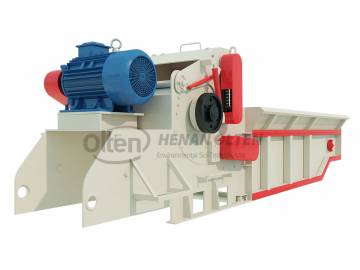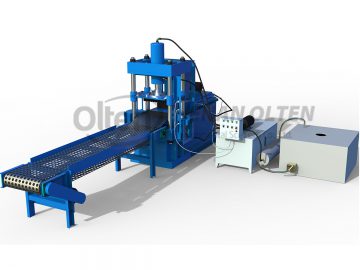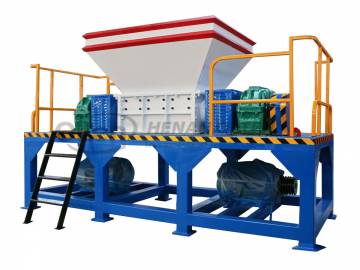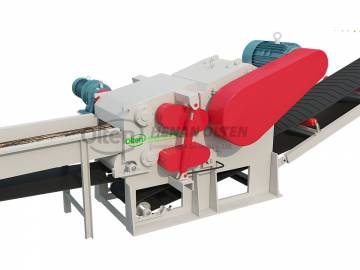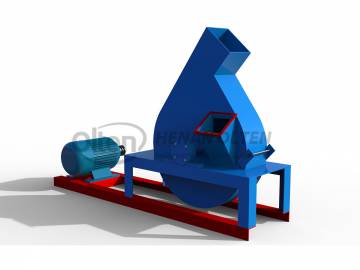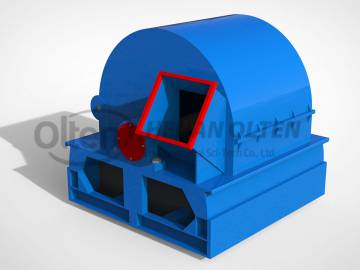What is biochar?
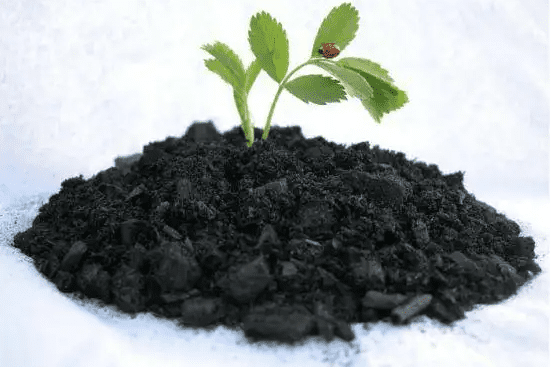
In a low-oxygen environment, wood, grass, corn stalk or other crop waste is carbonized by pyrolysis at high temperature. This charcoal formed by plants for the purpose of fixing carbon elements is called “biochar”.
Biochar is a future-oriented, low-cost, sustainable and environmentally friendly energy source.
Types of ordinary charcoal
Charcoal:It is a dark brown or black porous solid fuel that remains after incomplete combustion of wood or wood raw materials, or pyrolysis in the absence of air.
Coke: Bituminous coal is heated to 950-1050 ℃ under the condition of isolating air, and finally made into coke after drying, pyrolysis, melting, bonding, curing, shrinking and other stages.
Advantages of biochar
- Biochar is almost pure carbon, and it will not disappear for hundreds of thousands of years after being buried in the ground, which is equivalent to sequestering carbon in the soil.
- Biochar is rich in micropores, which can not only supplement the organic matter content of the soil, but also effectively preserve water and nutrients and improve soil fertility.
- Biochar absorbs carbon dioxide released into the atmosphere when organic matter decays; and helps plants efficiently store the carbon dioxide they need for photosynthesis. In both ways, biochar can clean the air.
Difference between biochar and ordinary charcoal
Biochar is mainly used for soil improvement (replenishing fertility), while the role of general char is mainly used as fuel, adsorption and deodorization or environmental protection, gas purification and sewage treatment.

